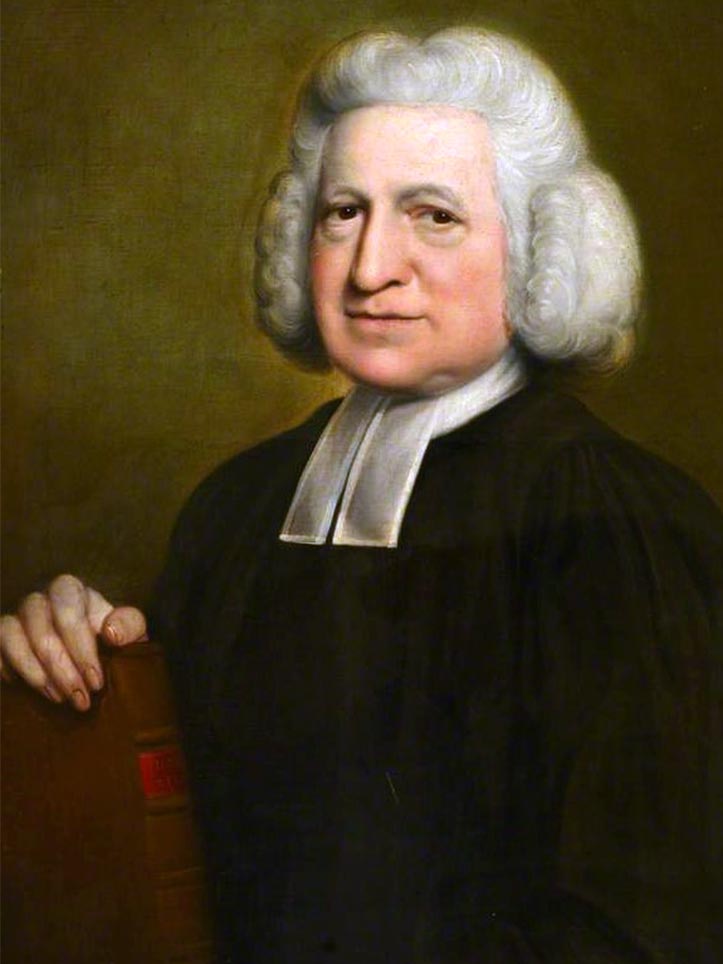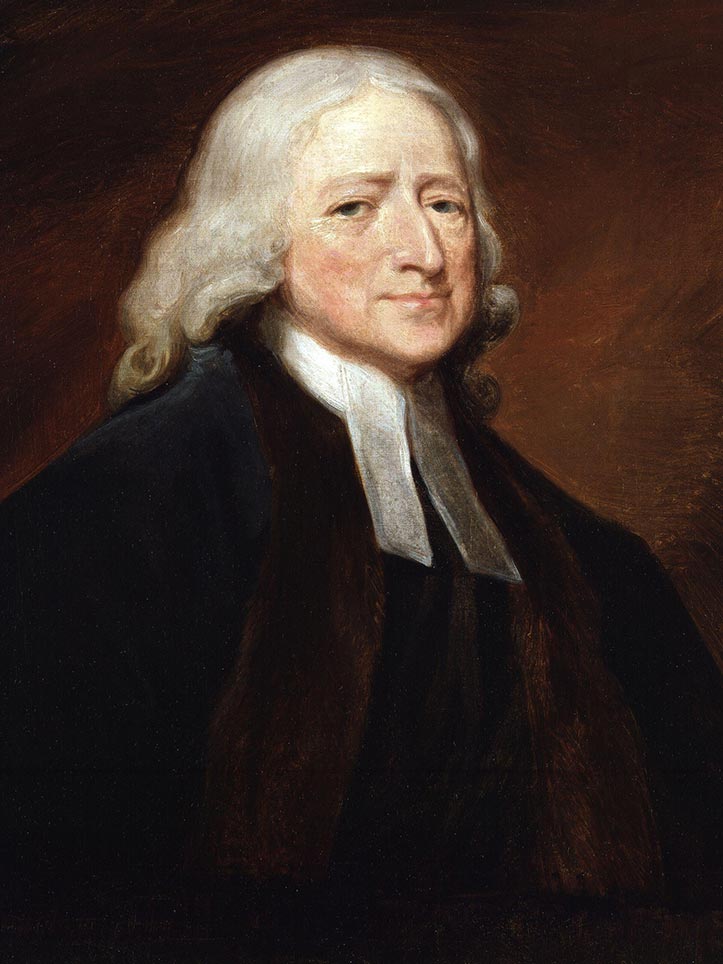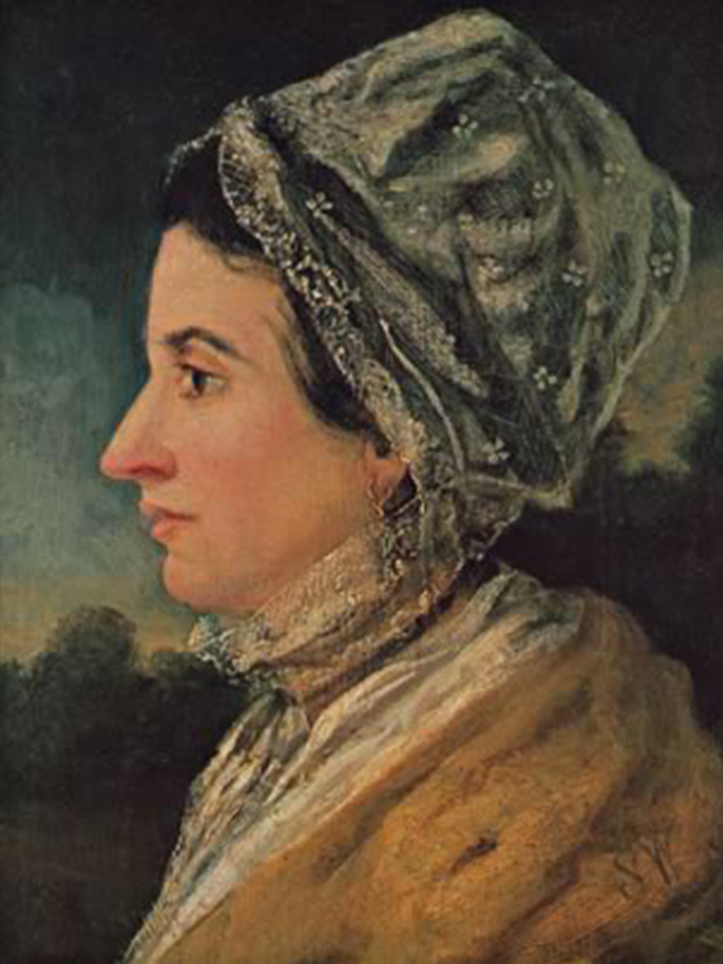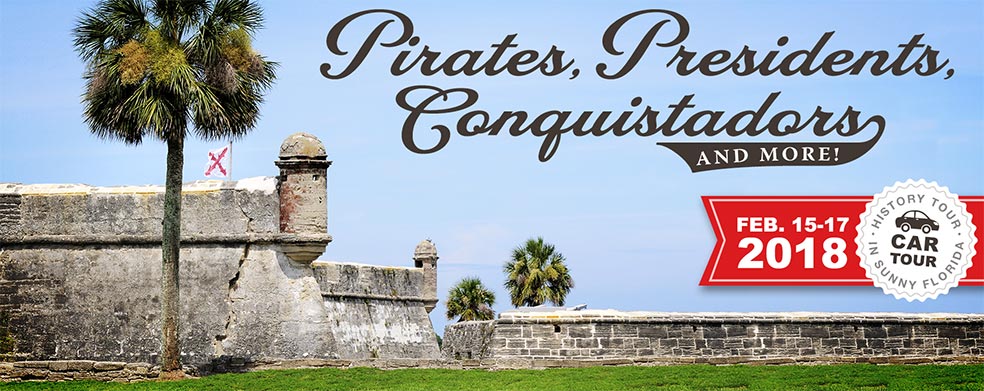
“Be filled with the Spirit, speaking with one another in Psalms, and hymns, and spiritual songs, singing and making melody in your heart to God.” —Ephesians 5:19
The Birth of Charles Wesley, December 18, 1707
 is mother Susanna was the twenty-fifth and last child in her family, dissenters from the Anglican Church. He himself was the eighteenth of nineteen children (nine of whom died in infancy), of an Anglican pastor. He also took holy orders in the Church of England. He sired seven children, several of whom became nationally known musicians. But Charles Wesley would go down in history as the author of more than 6,000 hymns, composing at least ten lines of verse every day for fifty years. He became the greatest Christian hymn-writer in history, yet he is sometimes referred to as “the forgotten Wesley,” overshadowed by John, his more aggressive older brother and founder of Methodism. is mother Susanna was the twenty-fifth and last child in her family, dissenters from the Anglican Church. He himself was the eighteenth of nineteen children (nine of whom died in infancy), of an Anglican pastor. He also took holy orders in the Church of England. He sired seven children, several of whom became nationally known musicians. But Charles Wesley would go down in history as the author of more than 6,000 hymns, composing at least ten lines of verse every day for fifty years. He became the greatest Christian hymn-writer in history, yet he is sometimes referred to as “the forgotten Wesley,” overshadowed by John, his more aggressive older brother and founder of Methodism.

Charles Wesley (1707-1788)
All the Wesley children were home-schooled by their mother, six hours a day. She taught Charles Latin, Greek, and French among other pertinent subjects. He then attended the Westminster School for thirteen years, where only Latin was spoken in public. More years were spent at Oxford where Charles founded the “Holy Club,” made up of students who were serious about their faith. They followed a strict regimen of early rising, Bible study, prison ministry, and prayer. Fellow students poked fun and called them “Methodists.” His elder brother John and young George Whitefield were key members of the club also.
Both Charles and his brother John were ordained in the Church of England. They sailed to the two year old Colony of Georgia in 1735 upon the request of philanthropist and Member of Parliament George Oglethorpe, the Governor. Charles served there a short while as chaplain to a garrison near Savannah before carrying dispatches back to England, his ministry found unacceptable by his auditors. Perhaps the problem was that the Rev. Charles Wesley was “truly converted to Christ” in May, 1738, two years after arrival back in England; brother John professed a similar experience three days later. They had both come under the influence of Moravian preaching where Charles said at his conversion, “I found rest for my soul.”

John Wesley (1703-1791)
|
|

Susanna Wesley (1669-1742)
|
The Wesleys began itinerant evangelistic preaching wherever people would stop and listen—in fields, collieries, homes, and the few churches that would allow them in. Many of the hearers were already outside the established church and, as the number of converts mounted, they gathered together in their own societies. From such was born the Methodist Church, an evangelical sect seeking reform within Anglicanism, at first. They practiced ex-tempore prayer, taught the necessity of the new birth, and emphasized the ministry of the Holy Spirit. Some of the Methodist preachers, like John Wesley, were staunchly Arminian in their theology, others such as George Whitefield and Howell Harris, remained Calvinists. Charles had no desire to abandon Anglicanism and insisted that he would die within the communion of the state church and be buried in an Anglican cemetery. Following his brother John’s death in 1791, the Methodists formally broke away and became a separate denomination.
Shortly after his conversion, Charles began writing hymns. By 1765, the constant travel and travail of itinerancy plus illness caused Wesley to settle into work in the Marlybone Parish. He visited and preached in many of the Societies around London, whenever he was able, raised a family of prodigies, and wrote hymns for the rest of his life. His hymns and sacred poetry spanned a wide range of topics and styles. He wrote many hymns based on the Psalms but put Christ in some of them, to the disagreement of some of his supporters. He wrote hymns for children, picking up where Isaac Watts had left off. A number of his hymns became classics and are sung today in every sort of Protestant Church.
Some of the greatest favorites of the ages include, And Can it Be that I Should Gain, Christ the Lord is Risen Today, Come Thou Long Expected Jesus, Hark the Herald Angels Sing, O For a Thousand Tongues to Sing, etc. Such blessed hymns cannot be accredited to pure genius alone, the author knew personally of whom he wrote.

Image Credits:
1 Charles Wesley (Wikipedia.org)
2 Susanna Wesley (Wikipedia.org)
3 John Wesley (Wikipedia.org)
|







